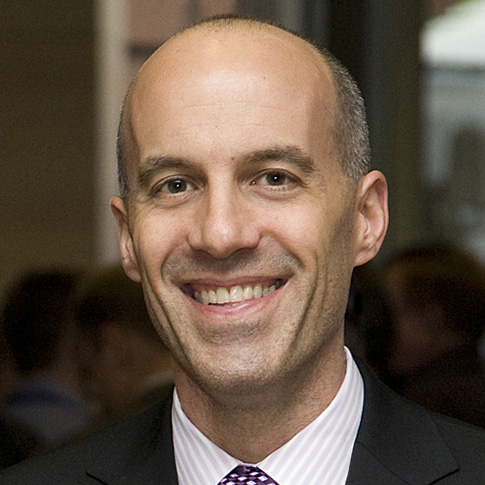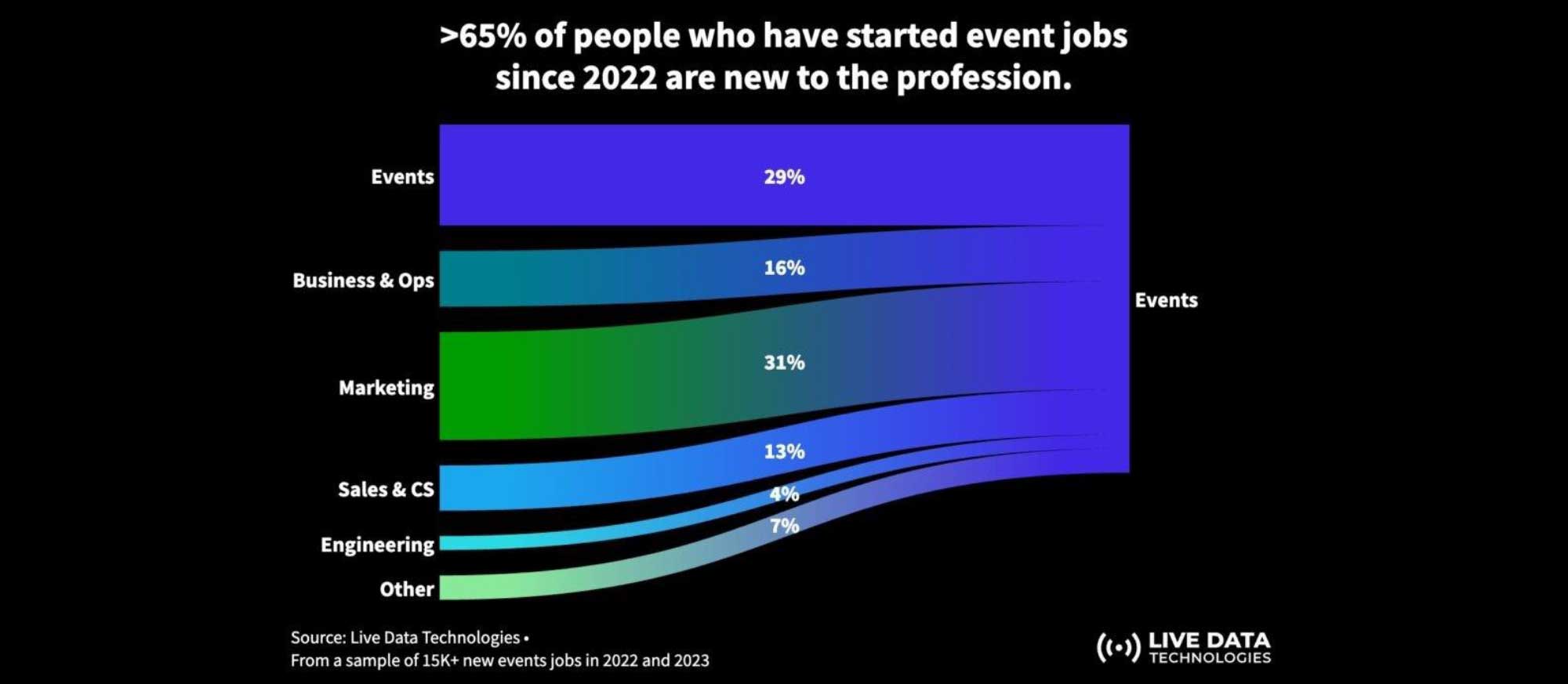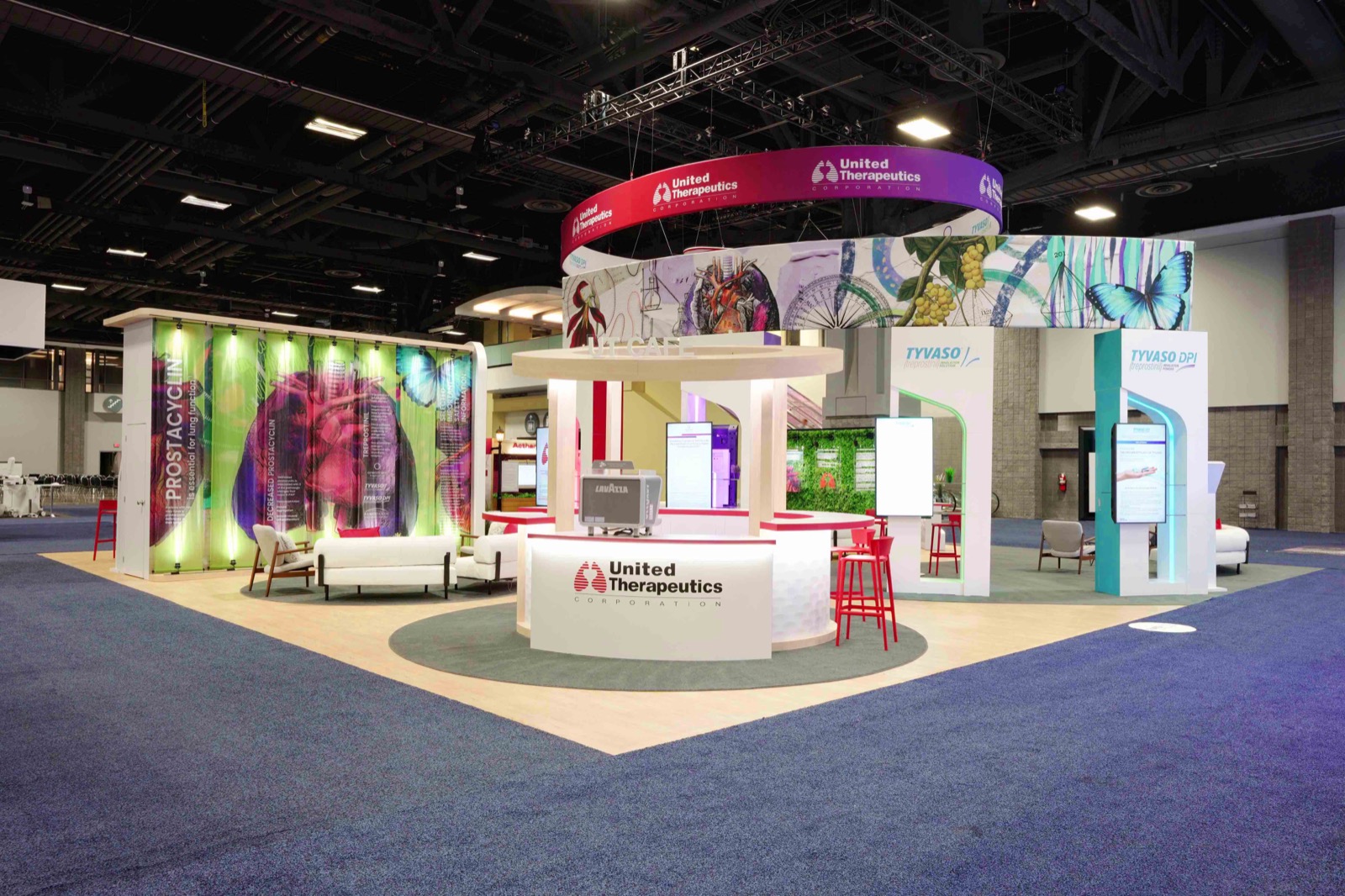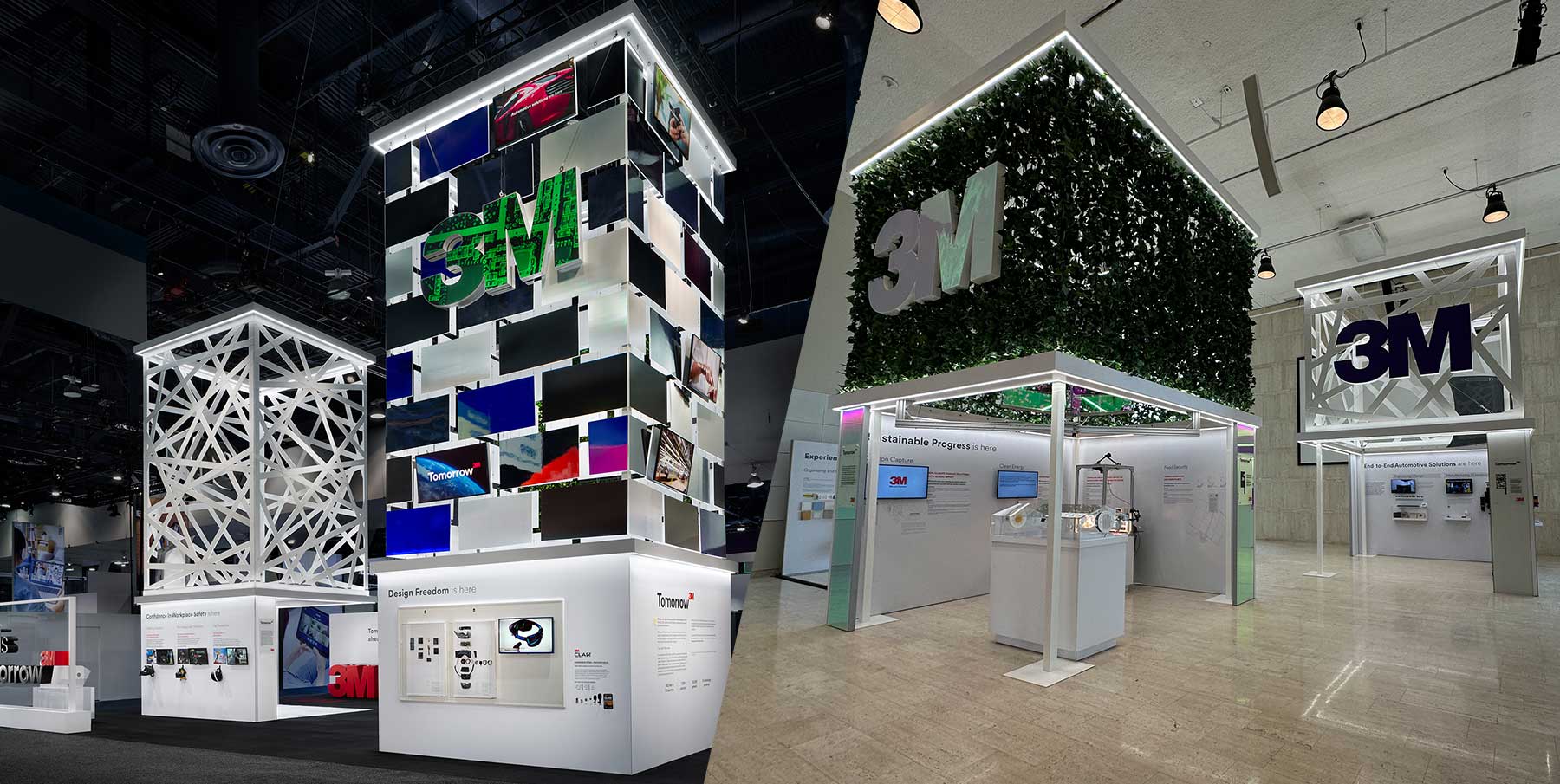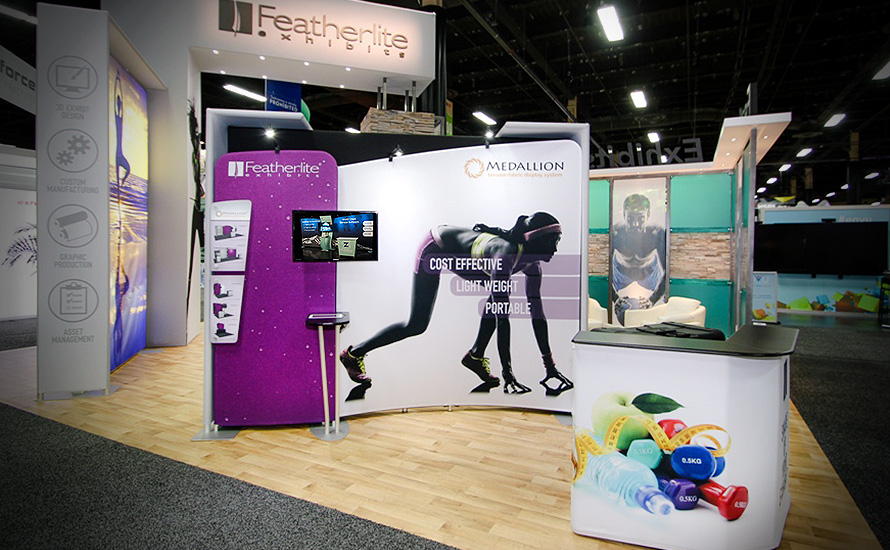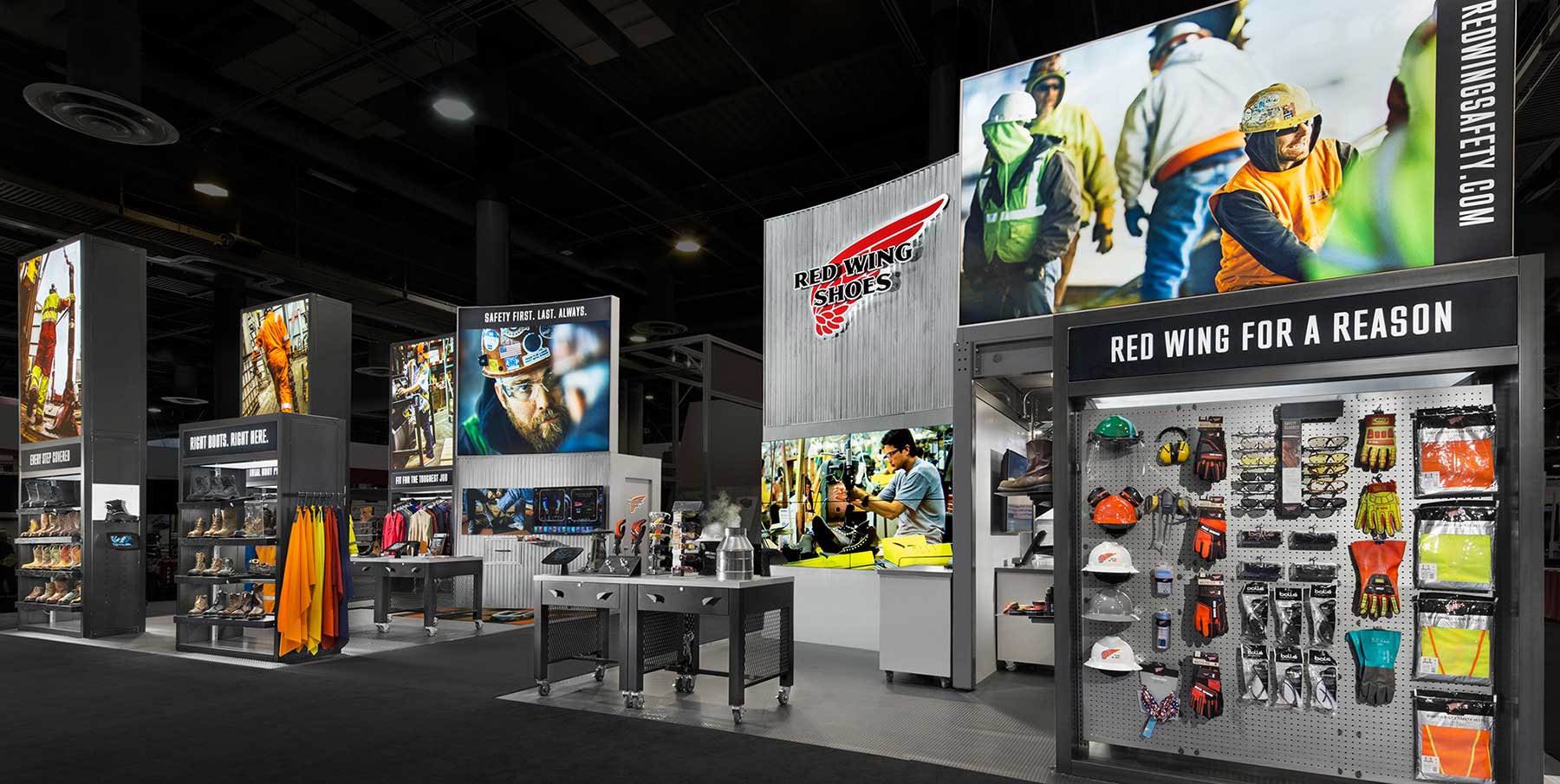Recent data released by Live Data Technologies indicates that two-thirds of hires filling events jobs are new to the industry. (Source: See image at bottom of article.) This trend reflects broader shifts in the labor market, where a surge in hiring is bringing fresh talent into the fold. For events and experiential marketing leaders, this influx of new talent presents both exciting opportunities and unique challenges.
New talent brings fresh perspectives, innovative ideas, and high energy to the industry. Their enthusiasm and adaptability are valuable assets in the fast-paced events environment. Additionally, new hires are often more receptive to training, allowing leaders to shape their teams according to specific organizational needs.
However, the influx of inexperienced staff poses significant challenges. Events require meticulous planning, quick decision-making, and problem-solving skills that typically come with industry experience. Newcomers may lack knowledge of best practices, compliance issues, and the intricacies of vendor and client relationships.
For leadership, this situation means struggling to fill knowledge gaps and maintain aggressive schedules. To address these challenges, events leaders must develop strategies to effectively integrate and upskill new talent while leveraging partners to close talent gaps. Balancing the fresh perspectives of newcomers with the expertise needed for complex event operations is crucial for success in this evolving landscape.
How successful leaders are bridging the events talent gap.
Bridging the gap left by inexperience takes planning and work on the part for organization leaders. These steps can help bring your new hires into alignment with the skills and knowledge needed to effectively handle their events-related responsibilities.
1. Develop structured, events-focused onboarding plans.
Among clients that are cultivating the next generation of events talent, there’s a heavy focus on onboarding programs to help set new hires up for success. Develop a comprehensive onboarding program that goes beyond the basics of company policy and procedures. Effective onboarding for new hires can include topics like industry-specific training, such as understanding the logistics of event planning, key industry terminologies, and the intricacies of stakeholder management.
Pair new hires with experienced mentors who can guide them through the learning curve. Onboarding programs also involve spending time helping new hires forge relationships with essential partners and vendors, to make those vital long-term collaborations easier.
2. Invest in events-focused training opportunities.
After new hires are onboarded, it’s important to provide ongoing training and professional development to help events staff scale their knowledge and contributions. Ideally, in the fast-changing world of events, teams are provided with opportunities to learn. These can include structured training programs, online courses, workshops, and seeing events in action. Conferences like ExhibitorLive can help teams develop generalized knowledge quickly.
If you’re interested in developing your team’s ability to navigate specific topics, such as sustainability in the events space, it’s possible to enroll your team in more specialized training as well. Encouraging members to join professional development associations like the International Live Events Association or Meeting Professionals International, to name just a couple, can make it easier for them to participate in ongoing development and understand changing industry trends.
3. Identify the areas where you need help.
For busy leaders with a full show schedule and a team of individuals new to the events world, there are likely to be specific gaps in your talent’s knowledge and capabilities. For example, your team may be ready to plan a show but lack the hands-on experience to execute it smoothly. Alternately, they may not be familiar with all the elements that go into planning a new booth build and need assistance in thinking through the different creative and strategic opportunities, as well as defining a realistic timeline.
By highlighting the areas where gaps may exist, it’s possible to strategically work with a partner that can help provide that expertise on an on-demand basis. In the process, they can work closely with your team to help them develop a stronger knowledgebase and in-depth experience of the different aspects of events management.
4. Develop feedback loops to solve issues fast.
The dynamic nature of the events industry means that while leadership understands what needs to get done overall, there’s a constantly changing layer of information that needs to be tracked. The right feedback loops can help leaders quickly understand what’s working and what’s not — and then make the investments needed to support staff when they’re struggling.
The easiest way to do this from a management perspective is to implement regular feedback sessions where new hires and staff who are developing their expertise can express their challenges and successes. Use this feedback to gain a real-time understanding of how things are going, and then adjust training programs and provide additional resources where necessary. This proactive approach helps in identifying potential issues before they become significant problems. Perspective lets you take steps to provide more support, from actively leveraging partners to investing in technology and training.
5. Work with an all-in-one services partner.
While partners play a critical role in helping close talent gaps, it’s important to have a clear plan for how to work with vendors — and how to choose them—– to best support your events team and broader organizational goals. When choosing a vendor to work with and dealing with a less experienced events staff, there’s an opportunity to choose a partner that can act as extensible capacity to your team. For example, a full-services event firm may offer strategy, creative, engineering, marketing support, and even onsite support to help streamline events execution.
Selecting an all-in-one services partner offers several advantages, including saving time, money, and stress. By working with a single point of contact, communication is streamlined and the vendor can work to understand what your organization seeks to achieve overall. Each step of the process becomes integrated, from creative support to shipping to onsite support. And, depending on your needs, it’s possible to customize a program that can help your team achieve their goals while augmenting the skills, knowledge, and human capital that it takes to get more done.
Running successful events with new events hires.
With planning, it’s possible to run highly successful events with inexperienced events staff and experienced partners that close talent gaps. While the challenge of managing a team with a significant portion of new hires is real, it also presents a unique opportunity to shape the future of your events organization. By investing in structured onboarding, continuous learning, and a collaborative culture, leaders can harness the energy and fresh perspectives of new talent while bridging the experience gap. When you choose and work closely with an all-in-one services vendor that has the expertise to help close the gaps your team is facing, your workforce has the opportunity to work closely with industry experts. With the right strategies and partnerships in place, your team can not only meet but exceed the demands of today’s fast-paced events industry.
Learn more about how an all-in-one services partner like STAR can help your events team thrive.


